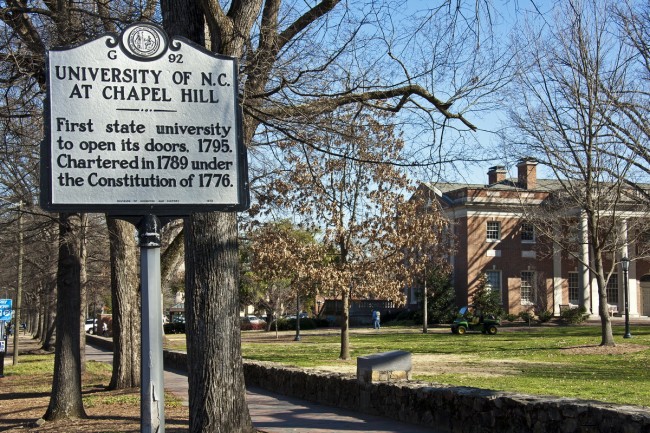There are more than 6,800 rare diseases in existence. These diseases are usually genetic, and include conditions like muscular dystrophy or cystic fibrosis.
Doctors are learning more about how to identify rare or orphan diseases in the United States, but not so much about how to treat them. That’s why UNC created the UNC Catalyst for Rare Diseases. It’s an initiative that aims to give patient groups and rare disease institutes the research tools to train scientists to create new treatments.
“Many of these foundations lack experimental laboratories to pursue these areas of research,” said Bob Blouin, Director of the Eshelmen Institute for Innovation at UNC. “Mainly because there’s limited funds or there is just a lack of fundamental understanding of the biology of that disease.”
Blouin is also the Dean of the Eshelmen School of Pharmacy. The Eshelmen Institute provided Catalyst with a $2 million grant to start the process. Blouin said studying these rare diseases is difficult for doctors and scientists, and developing cures for the diseases is even harder.
“Many of them have been left with a very poor understanding of the biology of the disease,” he said. “And it’s very difficult to develop new drugs or new drug therapies or new medical approaches towards those rare diseases until you fully understand the biology of that disease.”
But, he said studying one condition at a time can lead to many breakthroughs, especially as technology continues to evolve.
“We do believe that by attacking one at a time, and sharing the knowledge that we are gleaning from these early research activities will go a long way of helping even other diseases in understanding the challenges and perhaps the path that they might be able to take,” Blouin said.
UNC Catalyst will partner with the international Structural Genomics Consortium and with rare disease groups like the Genetic Alliance to fund the research scientists. With the funding, scientists will then be able to study the effects that certain genetic mutations have on the body. With that information, they can begin formulating plans for a treatment.
Blouin said even if UNC Catalyst can’t fund the treatment for every rare and orphan disease, he hoped that it will create the start these scientists need to get their research off the ground.
“If we could just accelerate the cure for five diseases—there are thousands of them,” he said. “But if we could start with a handful or a dozen to begin with, what good could that do for all the people who are potentially afflicted by them?”
Related Stories
‹
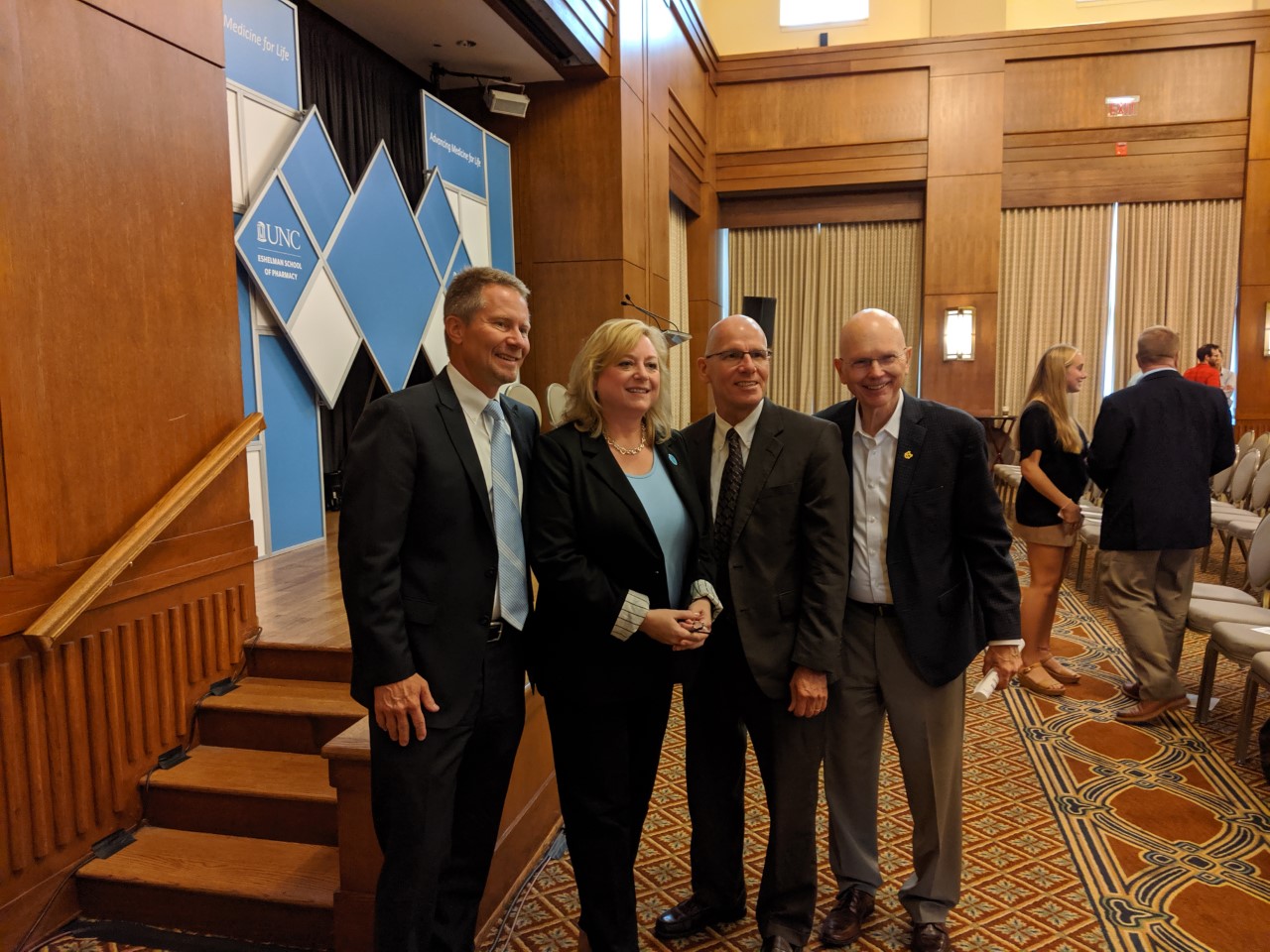
UNC School of Pharmacy's New Dean Begins TenureUNC’s Eshelman School of Pharmacy held a celebration on Tuesday to welcome its new dean to her job, as Angela Kashuba became the school’s eleventh dean. Kashuba was selected in May to take over as leader of the top pharmacy school in the nation. The permanent role had been vacant since Bob Blouin was hired as […]
![]()
On Air Today: 'Naloxone Near Me,' with Delesha CarpenterAaron welcomes UNC's Delesha Carpenter to discuss "Naloxone Near Me," a new statewide initiative that could save lives.
![]()
UNC Researcher Remembered As 'Outgoing,' 'Passionate' About ScienceBoth UNC and the wider Chapel Hill community have been devastated by the murder Dr. Feng Liu of the Eshelman School of Pharmacy.

Multiple UNC Graduate School Programs Ranked in Nation's Top 10Several UNC graduate programs were ranked in the top 10 of their respective categories by the U.S. News & World Report this week. Rankings are based on a survey of peers from accredited institutions across the country. “Carolina’s graduate programs are exceptional, and it’s no surprise that our schools are ranked so highly,” said interim […]
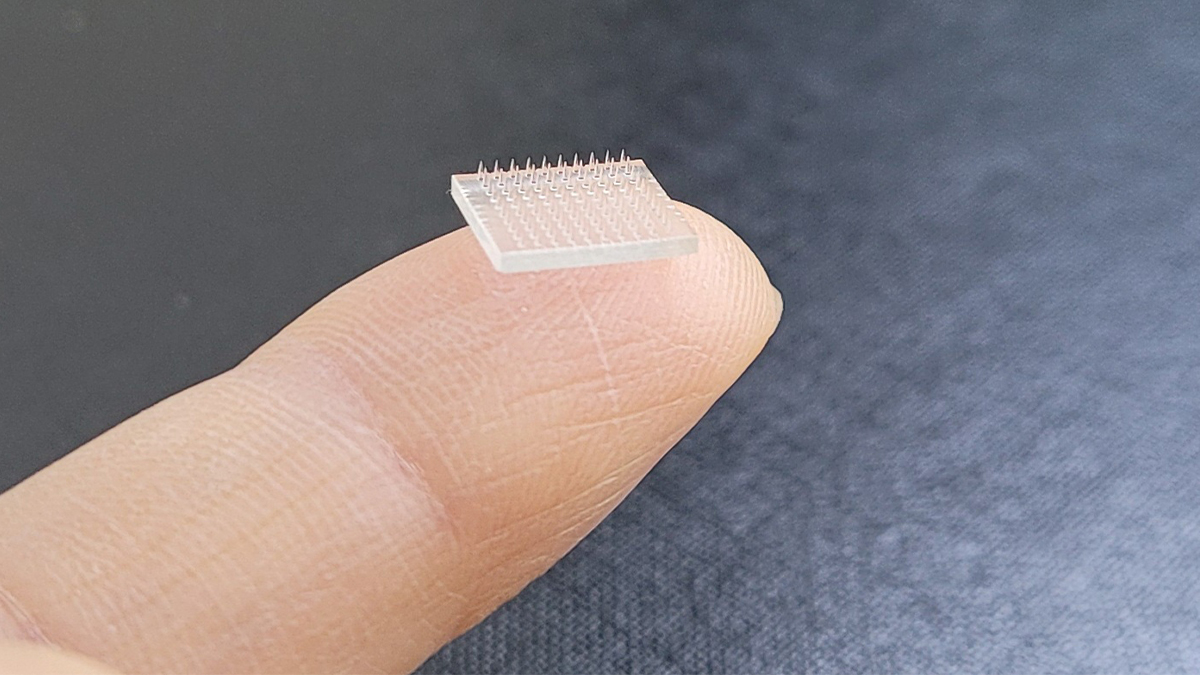
UNC's 3D-Printed Vaccine Patch Offers Greater Protection, No ShotA partnership between scientists at UNC and Stanford has led to the development of a 3D-printed vaccine patch. This innovation has the potential to change that way vaccines are administered while providing better protection.
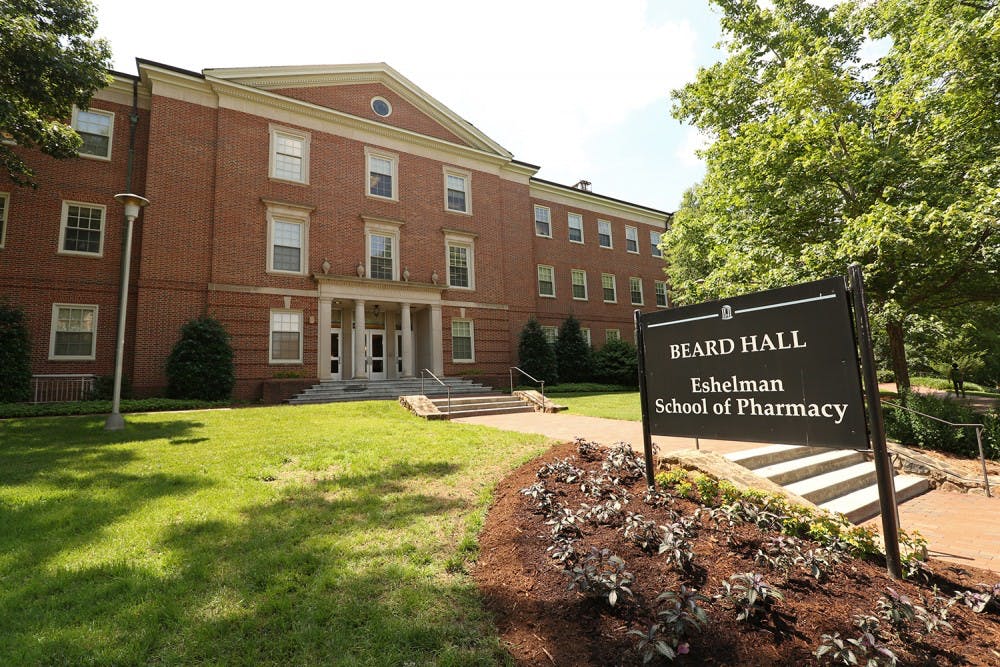
First COVID-19 Cluster Identified at UNC for 2021-22 Academic YearUPDATE: On Friday, August 13, the Orange County Health Department confirmed to 97.9 The Hill this cluster of COVID-19 cases is linked to an outdoor event. UNC has announced its first COVID-19 cluster for the 2021-22 academic year, exactly one week before classes are set to begin on August 18. According to a Carolina Together […]
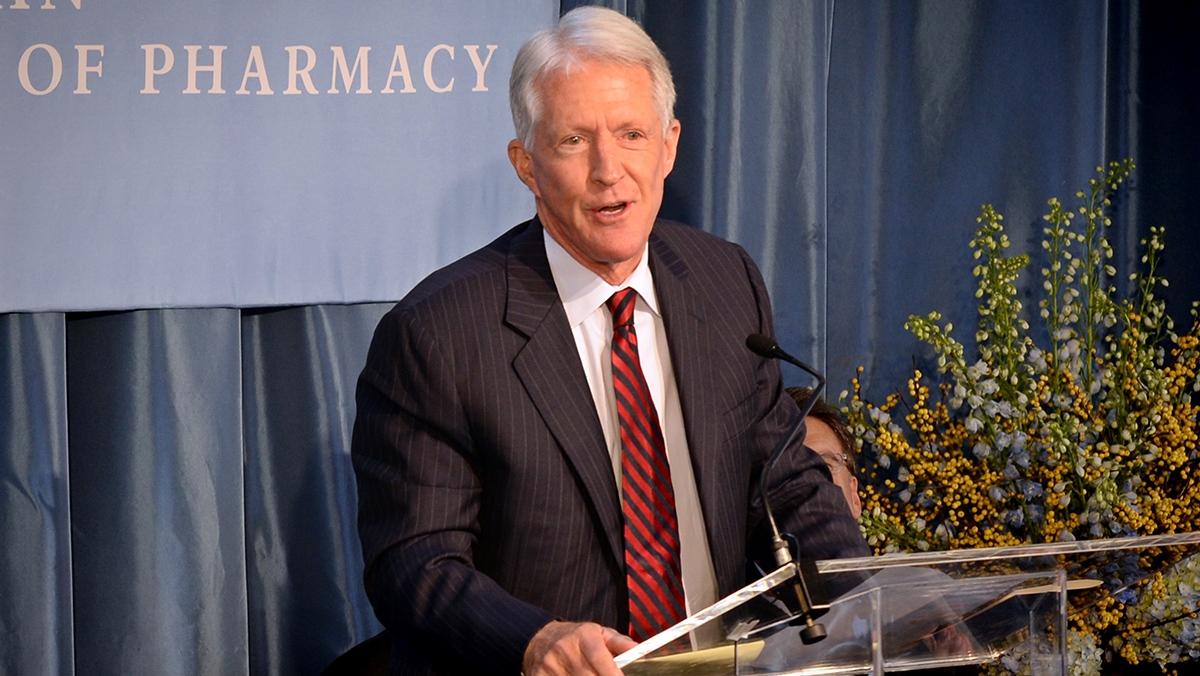
Namesake of UNC Pharmacy School Suing Pro-Trump Group Over Voter Fraud InvestigationThe namesake of the UNC Eshelman School of Pharmacy is in the news as he attempts to get back $2.5 million of donations he made to post-election investigations of voter fraud. Dr. Fred Eshelman, founder of companies that invest in private health care and develop new drugs, filed a lawsuit in Texas last week against […]
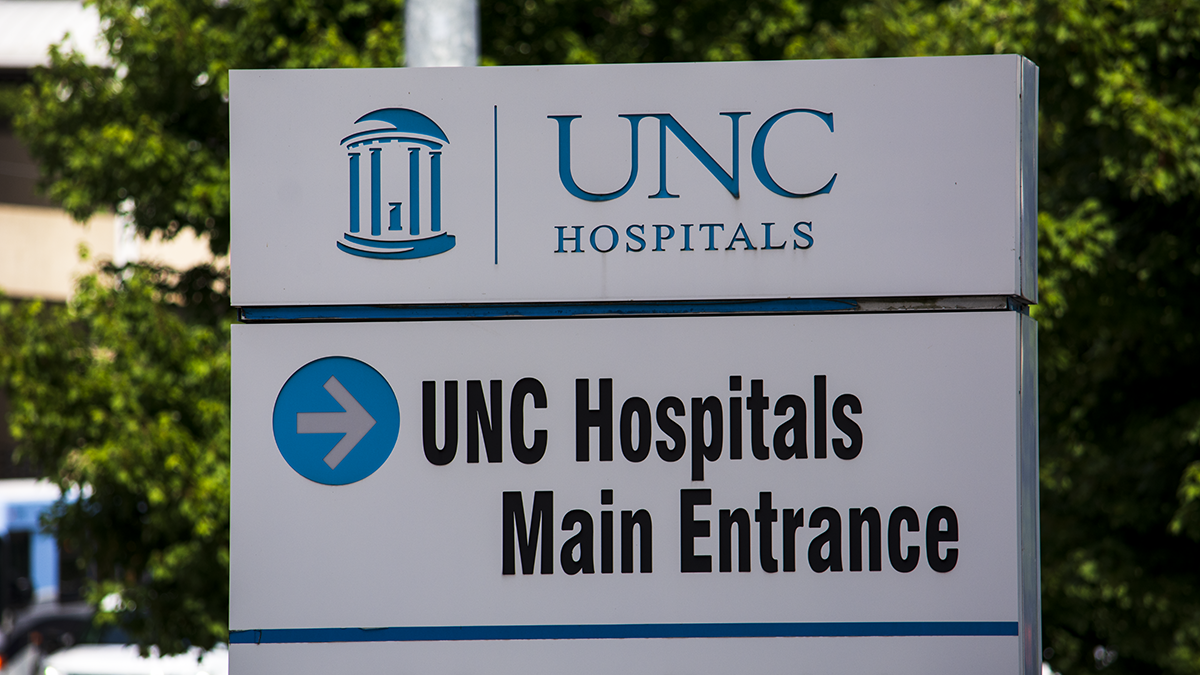
UNC Schools, Morehead Planetarium Make Medical Supply DonationsThe North Carolina Department of Health and Human Services says it requested 500,000 each of N95 masks, gowns, gloves, face shields and coveralls from the federal stockpile to help health care workers be properly protected while treating patients. As of Sunday, all amounts of that PPE, or personal protective equipment, are less than requested. That’s […]
![]()
UNC Graduate Programs for Pharmacy, Nursing Earn Top National RankingsMany UNC graduate programs earned high marks in the U.S. News & World Report’s “Best Graduate Schools” list, including some taking the top rankings. The list’s latest results were shared by the university in a release on Tuesday, revealing the UNC Eshelman School of Pharmacy as the top graduate program in pharmacy for the second straight […]
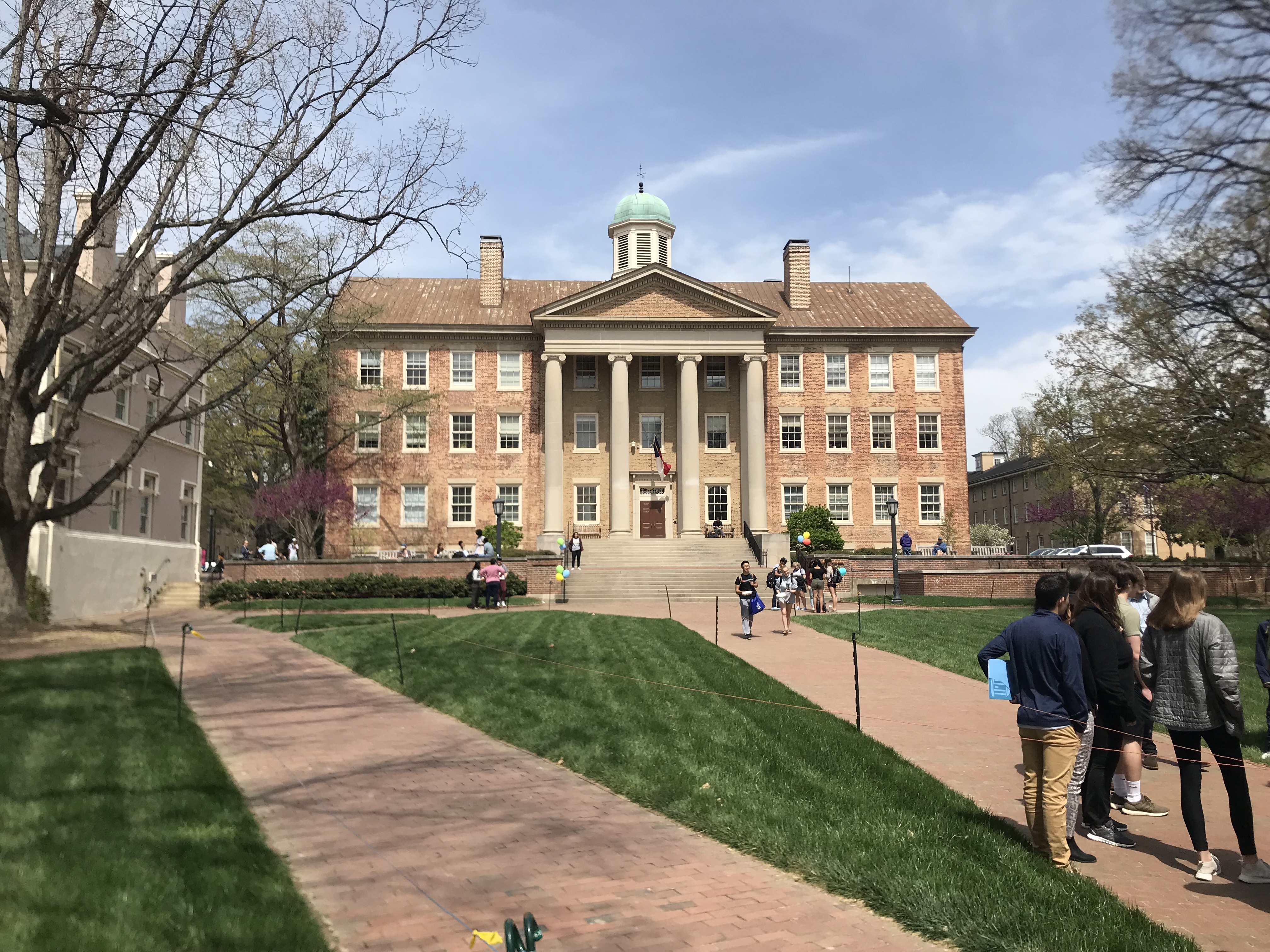
UNC Celebrates Creation of Pinnacle Hill, LLCUNC recently celebrated a new partnership with Deerfield Management, a healthcare investment management firm. Deerfield committed $65 million of targeted funding to create Pinnacle Hill, LLC, a company seeking to discover new therapies for patients with unmet medical needs. Associate Director of the Eshelman Institute for Innovation Kay Wagner says Pinnacle Hill will provide yet […]
›

